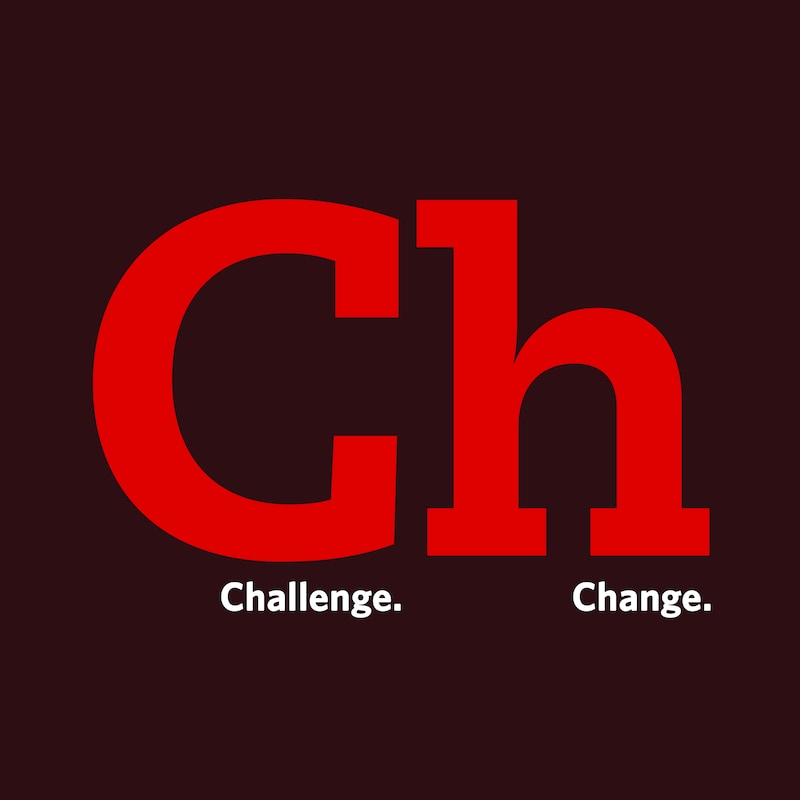Shownotes
The United States’ population is becoming less religious — 38 percent of younger Millennials consider religion “very important” in one’s life compared to 72 percent of the Greatest Generation, according to data from the Pew Research Center. But that trend doesn’t mean the country is seeing fewer faith-based influences in politics. Clark Sociology professor Jack Delehanty says it’s imperative to distinguish the difference between those who claim a religious identity or attend church versus those who subscribe to political or moral authority to appeal to some sense of sacred order.
“When people come together and talk about the issues that they care about, people agree on a lot,” says Delehanty. “The problem is that there aren't that many spaces where people do that anymore. People don't go to church that much anymore, or local libraries, bowling leagues — venues where previous generations would've encountered each other face to face and had an opportunity to trust one another. That’s gone. It creates a vacuum into which this highly structured competitive political ethos falls into place.”
Delehanty discusses the intersection of religion and politics in his new book “Making Moral Citizens: How Faith-Based Organizers Use Vocation for Public Action.”
Challenge. Change. is produced by Andrew Hart and Melissa Hanson for Clark University. Listen and subscribe on Spotify or Apple Podcasts. Find other episodes wherever you listen to podcasts.

